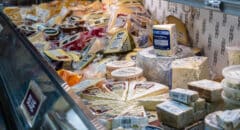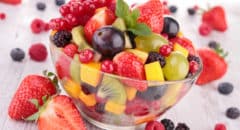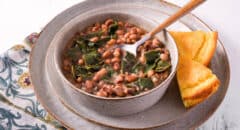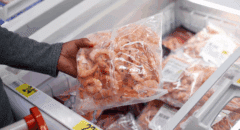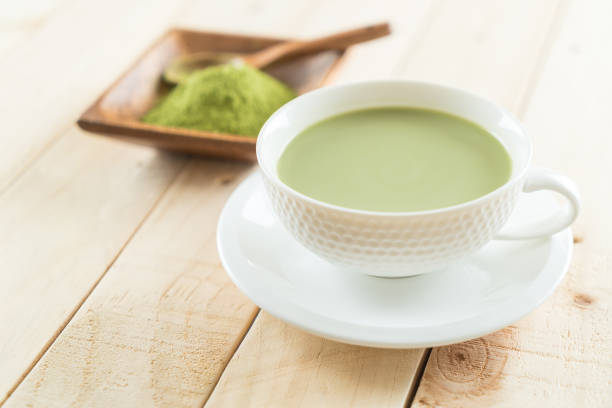
Every day millions of people start their mornings off with a cup of coffee, in fact, companies like Starbucks gross over $60 million dollars daily in sales. While caffeine is a great way to kick-start your day and give you an energy boost, it also comes with its share of health risks.
Drinking more than four cups of coffee daily, regularly, has been linked to early death. Caffeine has also been linked to conditions such as heart attacks, high blood pressure, indigestion and headaches to name a few. The average 8oz cup of coffee contains up to 135 mg of caffeine, and most Americans drink larger portions and multiple cups per day.
Finding alternative beverages that provide a similar energy boost, without such high levels of caffeine can have a positive effect on your overall health. Some coffee replacements to provide a boost that have more moderate levels of caffeine are listed below.
RELATED: Matcha Matcha! Your New Favorite Coffee Alternative
Matcha Tea
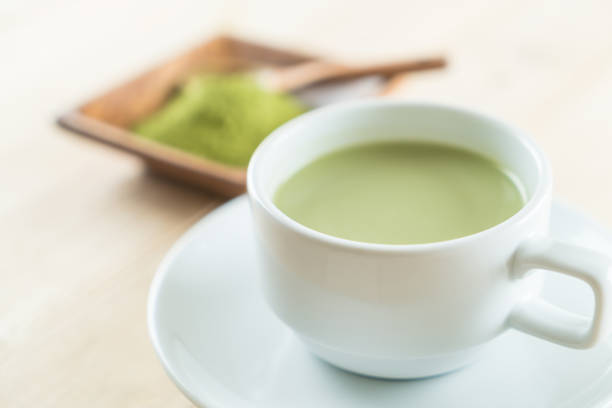
Matcha is a green tea that is prepared as a powder that is whisked into hot water. Because matcha contains a higher level of caffeine than traditional teas, however not as much as coffee, it is a popular replacement morning drink. Additionally, because of the phytochemical content of the tea, studies have shown that it was found to “improve performance in attention switching tasks and alertness”.
Typical serving sizes of matcha range from ½ teaspoon to 1 teaspoon, providing between 34 and 68 mg of caffeine per cup. Another benefit of matcha is the phytonutrient composition of the tea causes a slow dissemination of caffeine into the bloodstream providing sustained energy over 6-8 hours.
Other teas with high caffeine content are black tea (25-48 mg), white tea (an average of 37 mg), black pu-erh tea (60-70 mg) and chai tea (31-45 mg).
Dark Chocolate
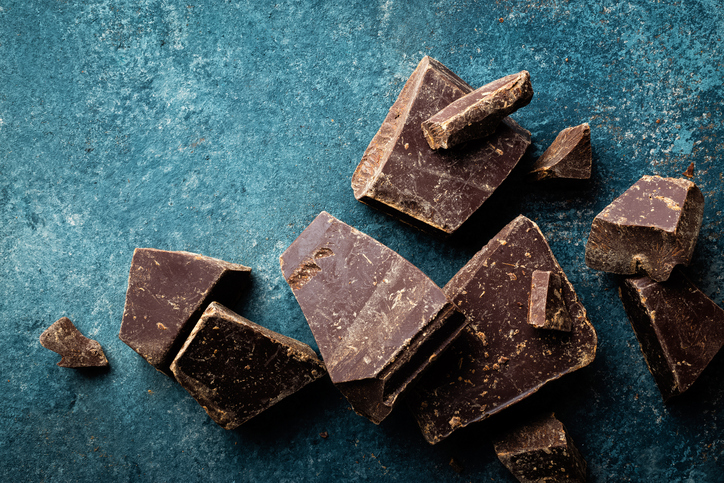
Replacing your morning coffee with a dark chocolate snack could be another way to reduce your caffeine intake while still getting the boost you need. Because chocolate is made from cocoa, it all contains some level of caffeine. Dark chocolate contains the highest level of caffeine in comparison to other chocolates.
A 1.5-ounce serving of 80 percent cacao dark chocolate can contain over 40 mg of caffeine, and even up to 75 mg depending on the brand. Be sure to pay attention to your sugar intake if you decide to substitute dark chocolate for your morning brew.
Guarana Berries or Seeds
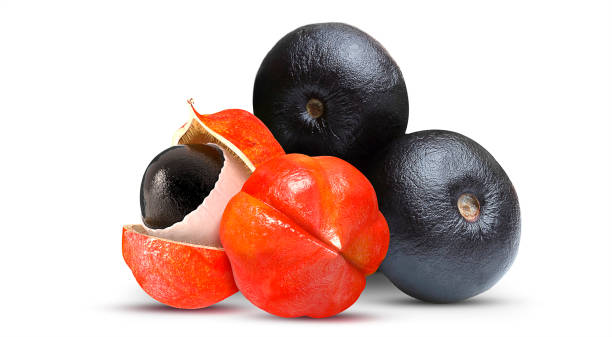
Guarana is a plant native to the South American Amazon whose seeds are eaten or brewed into a drink to increase energy. Guarana seeds contain approximately 2-4 times the amount of caffeine found in coffee beans.
Because of the high caffeine content of the seeds, it is not recommended in high doses for long periods of time, like coffee. People have been known to take guarana for weight loss, and improved athletic and mental performance, amongst other reasons.
Yerba Mate
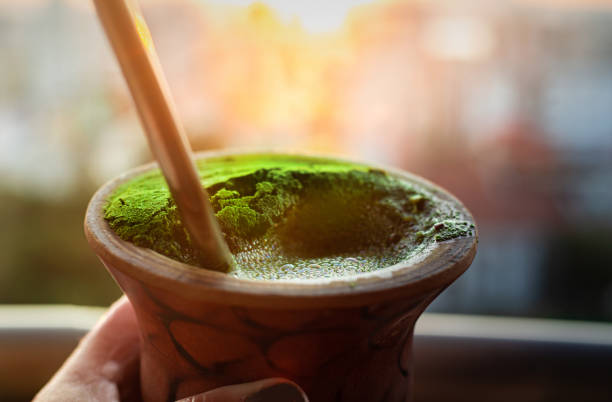
Yerba Mate is another South American plant that is often dried and brewed into a tea to fight fatigue amongst other believed benefits. Yerba mate contains an average of 78 mg of caffeine per serving, only slightly less than coffee, so moderation is encouraged.
Yerba mate also contains anti-inflammatory phytonutrients and antioxidants that add an extra layer of health benefits to the drink. Drinking large amounts of Yerba for prolonged periods of time has been linked to certain cancer types and should be avoided, only taking it in moderation.
RELATED: 5 Ways To Make Your Coffee Habit 10 Times Healthier
Healthy Energy Drinks

Traditional energy drinks usually contain a combination of high amounts of caffeine and sugar, with some other natural ingredients to boost energy. However, there is a new crop of “healthy” energy drinks that are low-calorie, all-natural and low sugar designed to give you the boost you need to get you through your day.
Many of these drinks contain a combination of natural energy-boosting ingredients such as B-Vitamins, ginseng and amino acids such as taurine. The caffeine content in these drinks ranges anywhere from 45 - 150 mg depending on the brand you choose. Be sure to read the ingredients label closely before choosing your energy drink.

Dr. Kevin Kinney, board certified and licensed Chiropractic Physician featured on INSIDER.com, TheTodayShow.com & BlackDoctorsMatter.org. Connect with Dr. Kev at drkevinkinney.com or @DrDuval904




